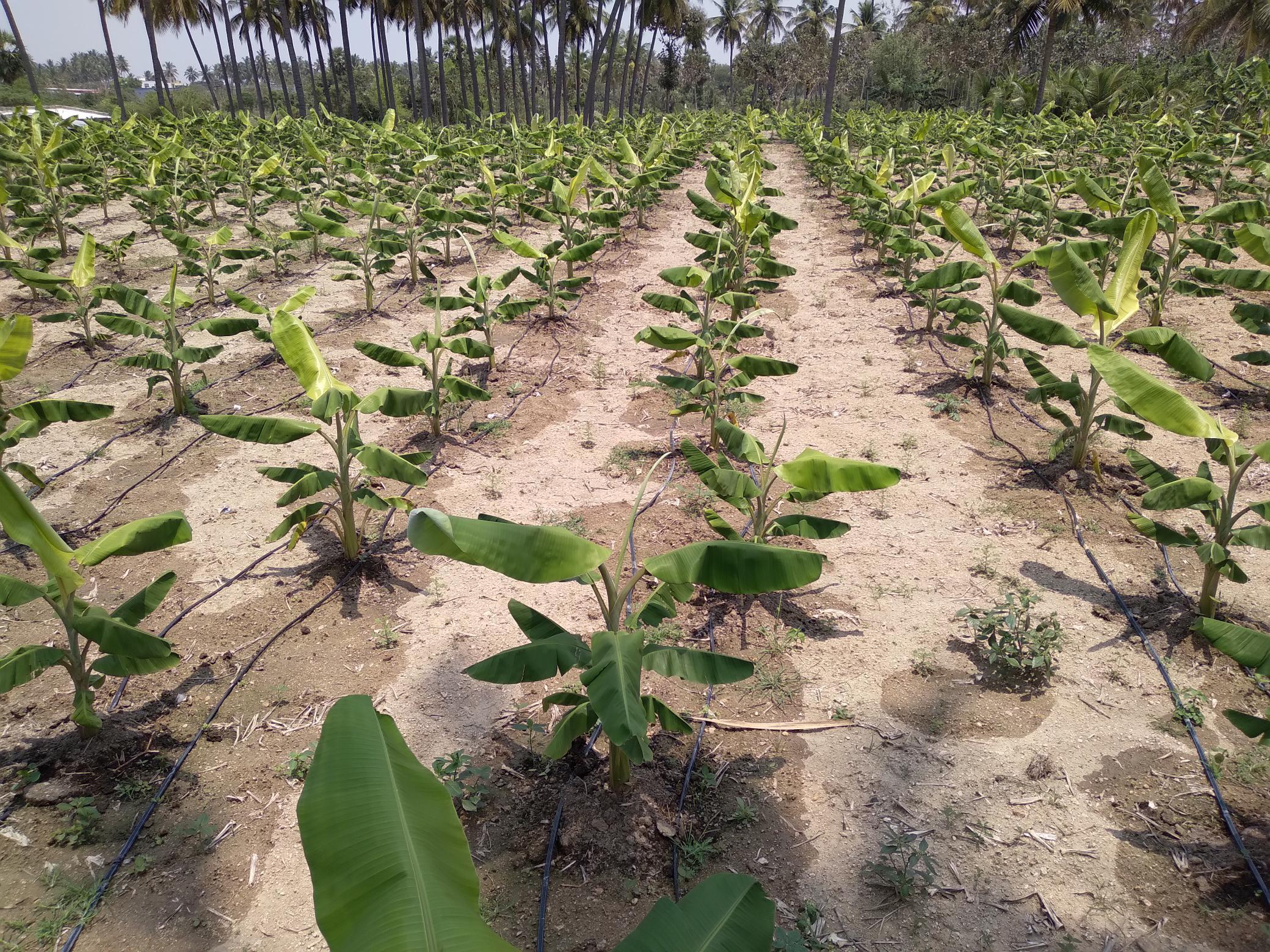(N) is an essential element for plant growth: it is therefore central to crop management.
It is the main source of energy for plants : it plays a key role in the creation of amino acids, and is the basis for protein production. It’s also part of the chlorophyll, a requisite for photosynthesis. Its management is essential for farmers: if there’s an nitrogen deficiency, plants have little energy to dedicate to their growth, and crops weaken.
TIMAC AGRO, through its massive investment, has been able to develop a unique knowledge on the behavior of nitrogen in the soil and its use by plants. Disruptive technologies such as N-Process have been created to meet the challenges of nitrogen use by farmers. For more information, contact one of our subsidiaries.
A constituent of the soil, nitrogen is absorbed by plants via their roots. However, it is mostly available as organic nitrogen (associated with carbon), and can only be absorbed as mineral nitrogen (nitrate NO3−, ammonium NH4+). A mineralization (from organic nitrogen to mineral nitrogen) is essential, and occurs naturally thanks to living beings in the soil (bacteria, earthworms). Yet, this mineralization varies according to parameters such as : temperature, water content, soil structure…
- In agriculture, nitrogen is mainly provided by fertilizers as mineral nitrogen, directly available for crops. Fertilizing is a solution to ensure a fast and optimal nutrition for the plant
Once absorbed, nitrogen is transported from the roots to the leaves, where it becomes an important source of energy for photosynthesis and therefore for the plant development. Assimilation and transformation of nitrogen are key factors in the crops quality (protein content in grains, quality of leaves for vegetables…) and yields. Provided as mineral nitrogen however, it is sensitive to losses in the air and in the soil: it can be lost in the air (due to an acid soil, a strong wind, high temperature), it can leach in the groundwater (due to heavy rainfall)…
It is therefore essential for farmers to provide the right amount of mineral nitrogen at the perfect timing to ensure sufficient and optimized nitrogen nutrition. It is therefore necessary to ensure :
- That the crops have a sufficient supply of nitrogen according to their needs
- That the risk of losses is minimized
- That the absorbed nitrogen is well transformed into energy in the plant
Knowing the nitrogen cycle and its stakes is crucial to guarantee nitrogen nutrition at the right timing, in the correct amount and in a way easily assimilated by the plant. Research, in connection with field observations, allows us to determine which inputs to favor, how to protect these inputs and which assimilation mechanisms to stimulate. A good management of nitrogen allows to preserve current and future crops, thus ensuring present and future yields.
TIMAC AGRO’s solutions are tailor-made: they are perfectly adapted to the precise nutritional needs forecasted by farmers for their crops. Its solutions allow to reduce nitrogen losses, to stimulate the mineralization of organic nitrogen and to stimulate the natural mechanisms of nitrogen absorption and assimilation.
DID YOU KNOW ?
Plants absorb the necessary nitrogen for their growth from the soil through their roots. In the vegetable world, legumes (soybeans, peanuts, beans, peas…) are an exception: they have the ability to fix nitrogen from the air (N2) and transform it into mineral nitrogen. Thanks to a bacteria attached to the roots, these legumes capture the element and transform it into assimilable nitrogen for plant growth.




